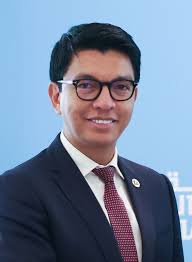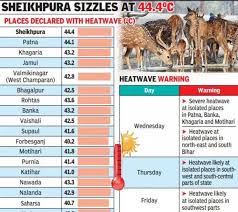Leadership of Madagascar President Andry Rajoelina

Introduction
Andry Rajoelina, the current president of Madagascar, has been a significant figure in the country’s political landscape. His leadership comes at a critical time for Madagascar, which faces various challenges, including economic instability, social unrest, and the impacts of climate change. Understanding Rajoelina’s policies and governance is essential for grasping the future path of this island nation.
Political Background
Andry Rajoelina first assumed the presidency in 2009 after leading a popular uprising against the then-president Marc Ravalomanana. Following a transitional government, Rajoelina was elected president in 2019, emphasizing economic reform and governance. His presidency has seen a focus on improving infrastructure, enhancing security, and increasing investment in agriculture and tourism.
Key Policies and Initiatives
Under Rajoelina’s leadership, several initiatives have been launched to boost Madagascar’s economy. His administration has promoted the “Emerging Madagascar” plan, which aims to attract foreign investments and modernize key sectors. Furthermore, Rajoelina has made significant strides in enhancing healthcare access, particularly during the COVID-19 pandemic, by promoting local remedies and agricultural reforms.
Despite these efforts, challenges remain. The nation continues to grapple with poverty and food insecurity, affecting millions of its citizens. Rajoelina’s government has been criticized for its handling of civil liberties and press freedom, creating a delicate balance between development and democratic governance.
Recent Developments
Recently, Rajoelina has faced increased scrutiny as Madagascar prepares for upcoming elections. The political atmosphere is charged, with opposition parties rallying against his rule amid complaints of corruption and authoritarian tactics. The international community watches closely as these elections will significantly influence Madagascar’s stability and international relations.
Conclusion
Andry Rajoelina’s presidency is pivotal in determining the trajectory of Madagascar. His vision for economic growth and development remains critical for the country’s future. As Madagascar approaches its next electoral cycle, the outcome will likely dictate whether the nation can navigate its challenges or if discontent will lead to further political instability. For citizens and stakeholders alike, the importance of Rajoelina’s governance cannot be understated, as it holds significant implications for Madagascar’s aspirations for progress and stability.









